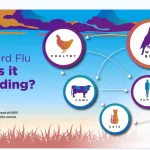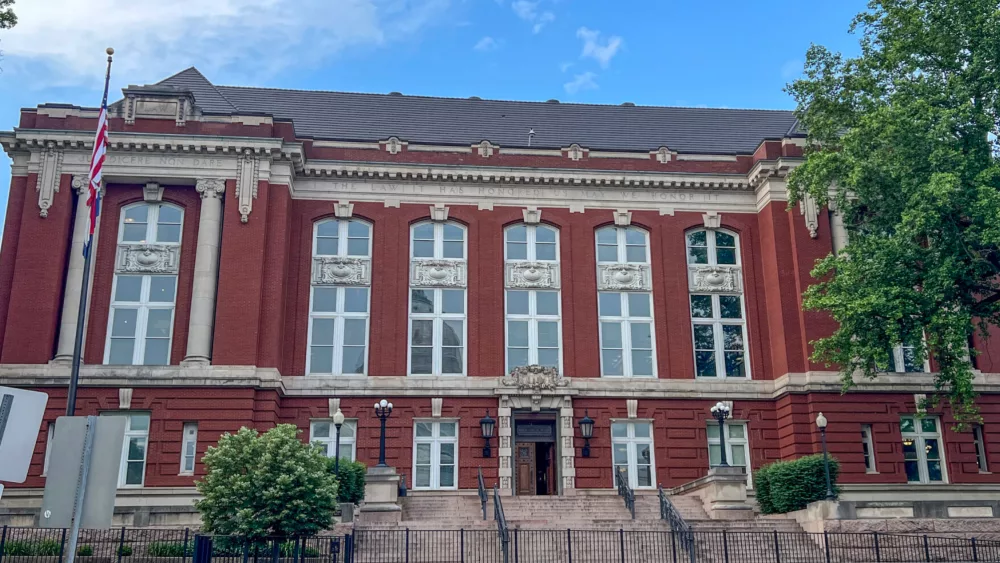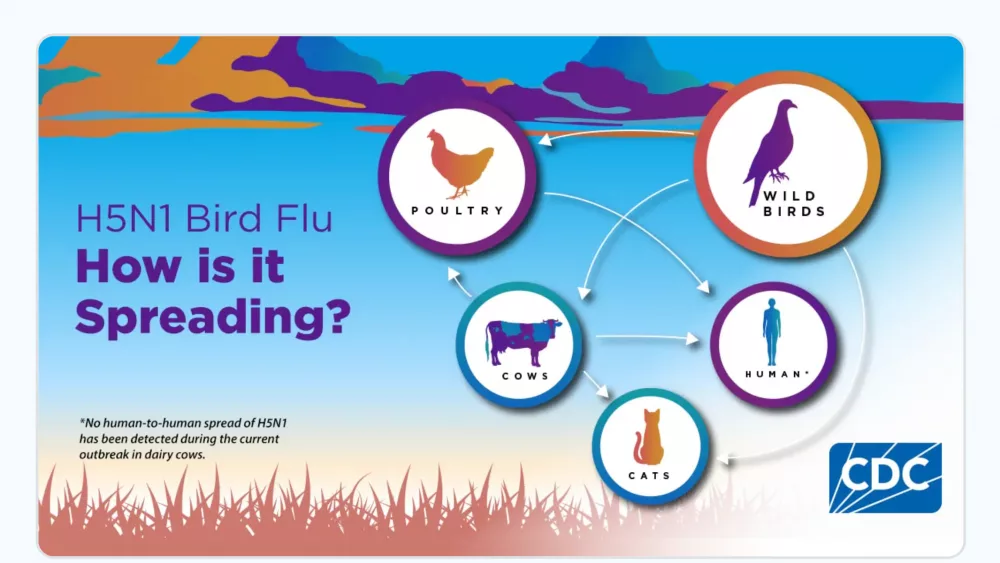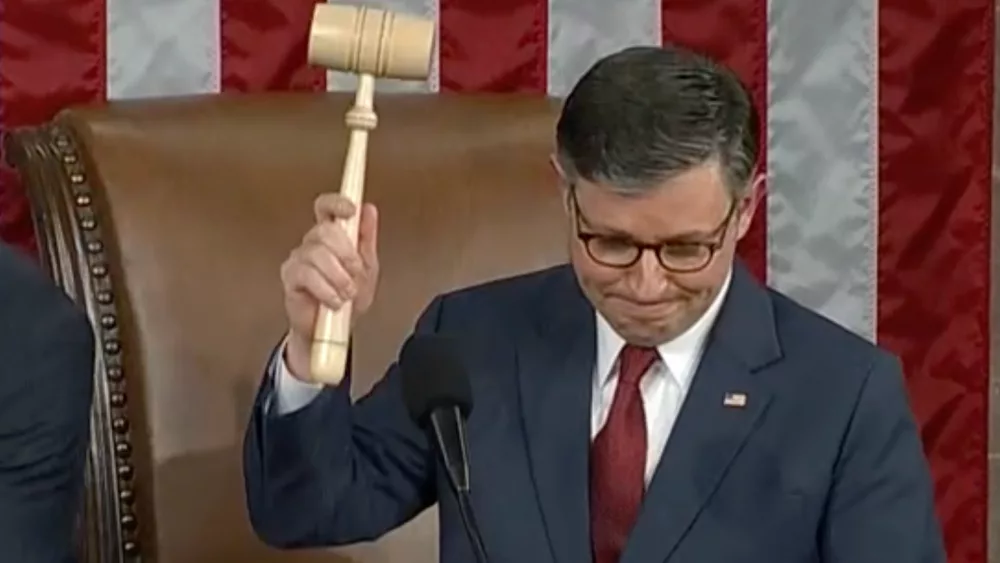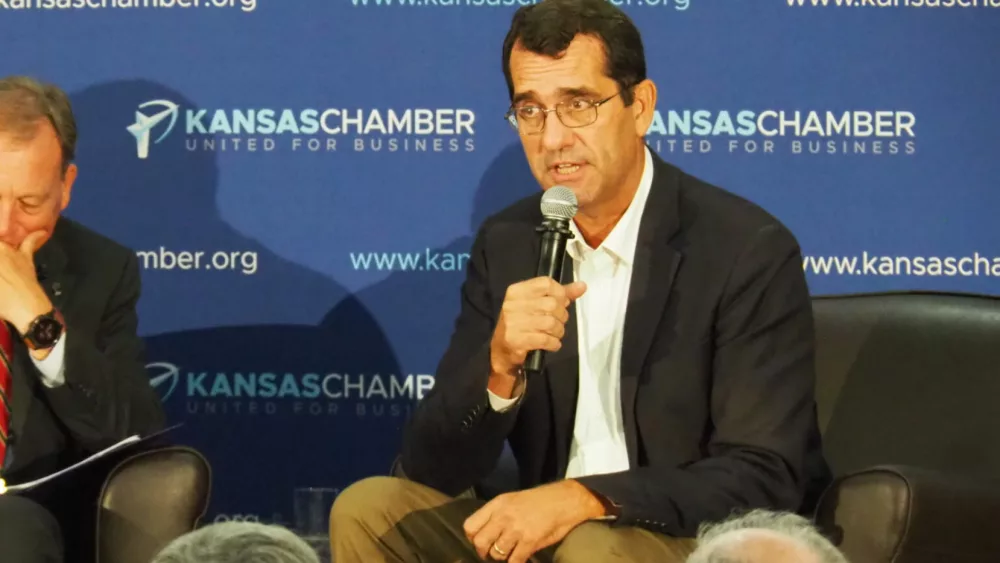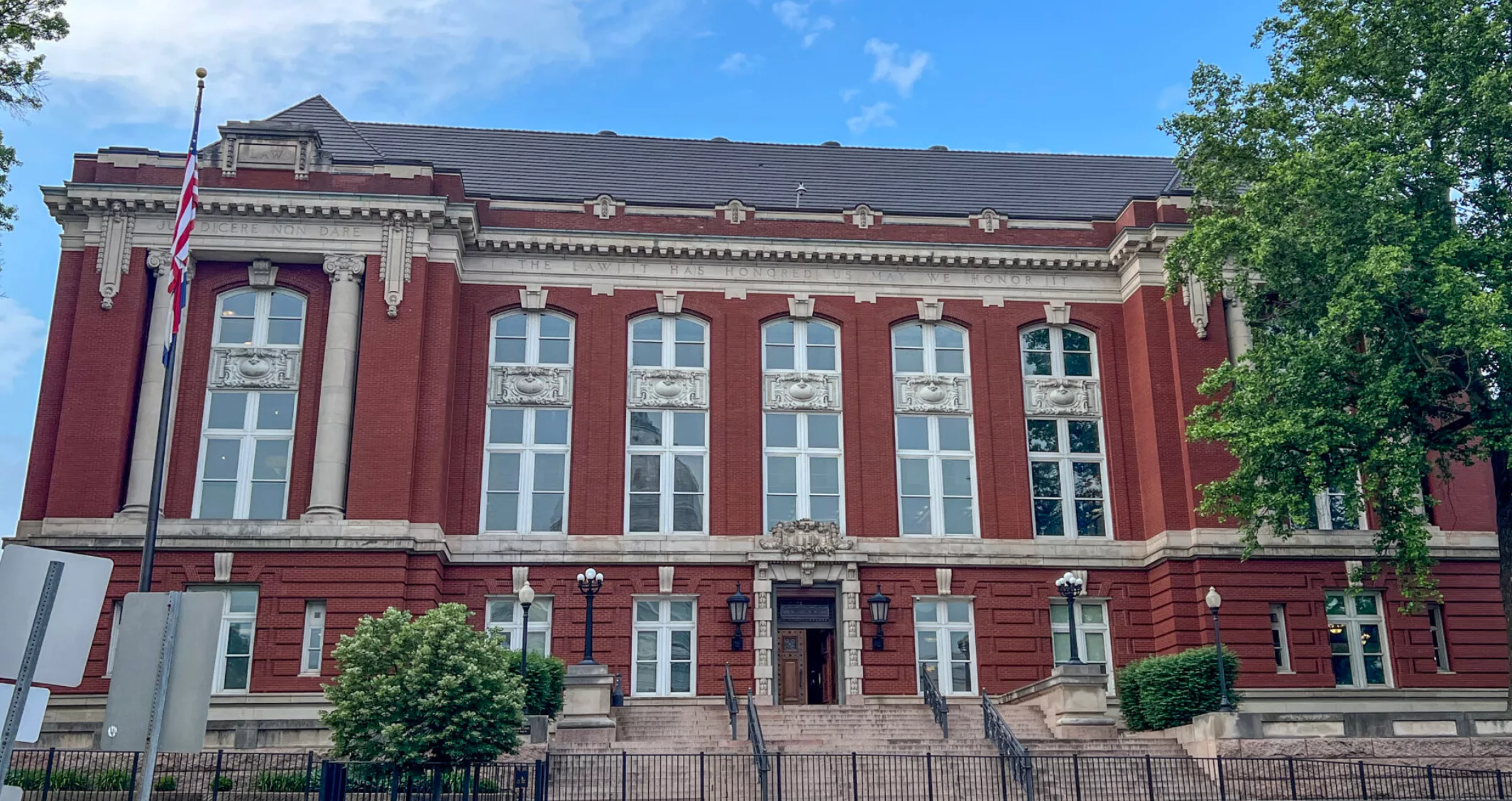
BY: CLARA BATES
Missouri Independent
Missouri’s new law boosting the minimum wage and providing paid sick leave for workers should be thrown out because it violated constitutional rules on ballot initiatives, a coalition of business advocacy groups argued in a lawsuit filed Friday.
Proposition A, a ballot measure that passed by a wide margin, would increase the state’s minimum wage on Jan. 1 and guarantee paid sick leave for hundreds of thousands of workers starting May 1.
The lawsuit, filed with the state Supreme Court, argues the election results should be overturned because of several constitutional violations, including alleged violations of the state constitution’s single-subject requirement.
The coalition of plaintiffs includes Associated Industries of Missouri, the Missouri Chamber of Commerce and Industry, the Missouri Grocers Association, the Missouri Restaurant Association, the National Federation of Independent Business, and three individuals associated with those groups.
“While Proposition A is bad policy and will have extreme and detrimental effects on Missouri’s businesses, that is not the basis of this action,” the coalition stated in the petition.
“Instead, the election irregularities and the constitutional violations are so significant that the election results must be overturned and Proposition A must be declared invalid.”
The defendants are Secretary of State Jay Ashcroft, who is responsible for the ballot summary statement, and Auditor Scott Fitzpatrick, responsible for the fiscal note summary. JoDonn Chaney, a spokesperson for the Secretary of State’s office, said the office is “in the process of reviewing” the lawsuit. Fitzpatrick’s office didn’t immediately return a request for comment Monday.
All contests to statewide election results are heard by the state Supreme Court.
Marilyn McLeod, president of League of Women Voters of Missouri, called the lawsuit “anti-democratic” and “reprehensible” in a press release.
“These special interest groups could have raised their legal concerns at any other point in the process before the measure appeared on the ballot,” McLeod said.
“…We are appalled that judges will be asked to overturn the wishes of the Missouri electorate,” she added, “but we are confident that they will see that wages and benefits are clearly part of the same subject on compensation and will reject this lawsuit.”
Terrence Wise, a leader with the Missouri Workers Center, an organization of low-income workers, said Proposition A provided a “chance for change and hope” to low-wage workers across the state.
“It’s sickening to me that corporations are trying to steal our victory away and quiet the will of the voters who made this win possible,” Wise said.

Proposition A passed with 58% of the vote and had the support of numerous unions, workers’ advocacy groups, social justice and civil rights organizations, as well as over 500 business owners.
The state’s minimum wage will increase to $13.75 in January and then $15 on Jan. 1, 2026. Employees can begin accruing and using sick time on May 1, 2025, earning one hour for every 30 hours worked, up to five days per year for businesses with fewer than 15 employees and seven days per year for larger businesses.
Some workers are exempt, including government employees and workers at businesses that have less than $500,000 in annual revenue.
The lawsuit alleges that the proposition’s fiscal note and summary on the ballot were “insufficient and unfair.” For instance, the lawsuit argues the summary wasn’t sufficiently nuanced about the caps on paid sick time or which employers are exempt.
Plaintiffs also argue the measure contains multiple subjects in violation of the single-subject constitutional requirement, and the clear-title rule, because benefits and wages should be considered distinct issues.
Advocates have previously said wages and benefits are part of overall compensation packages, so fall under the single-subject requirement. They have also said there were several opportunities for the group to voice an opinion with concerns about the language earlier, and they didn’t.
And the lawsuit argues the proposition violates equal protection laws, through “similarly situated parties being treated differently,” citing the paid sick-leave exemptions for certain workers.
The details of the law are similar to those in states that have already adopted policies to expand access to paid sick leave. Paid sick leave measures also passed in Alaska and Nebraska last month, bringing the number of states with such laws to 18.
The plaintiffs want the Supreme Court to overturn the election results and declare the fiscal and ballot summaries wrong.
The business coalition had previously said they were exploring “all available options, including possible legal action.”
The main focus of concern among business advocacy groups has been with the sick leave portion of the proposition, arguing it constrains business owner’s freedom to make their own decisions and opens them up to liability if they don’t follow the requirements.
Because the measure changes state law but not the constitution, the legislature could modify or overturn it without returning for a new vote of the people. Advocates from both sides have told The Independent they see that as unlikely, and see overturning the will of voters as unpopular.



